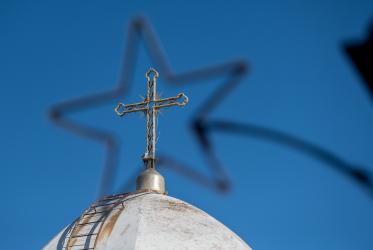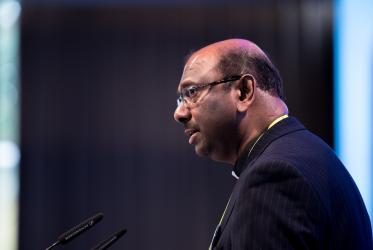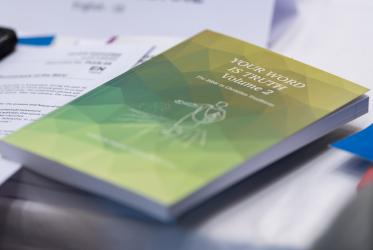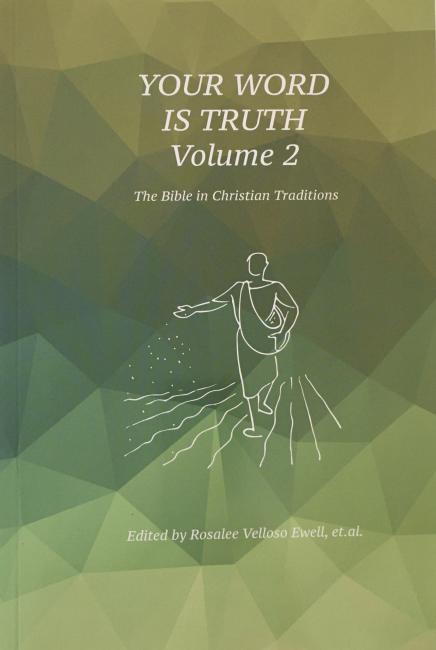The Bible in Christian Traditions
Five years after the first volume, this publication continues to showcase the distinctive ways in which encountering the Bible—in all its power and perplexity—has profoundly inspired, informed, and shaped different faith traditions.
The authors of each chapter have written from their areas of expertise and research rather than as official representatives of their traditions. They have contributed to this volume because of their commitments to the Bible, their ecclesial tradition, and Christian unity. Readers sometimes get a snapshot of the internal debates and historical contexts that have shaped the hermeneutical process. In other chapters, the author gives specific examples of why certain biblical texts have been privileged over others in liturgy or preaching.
13 October 2023










